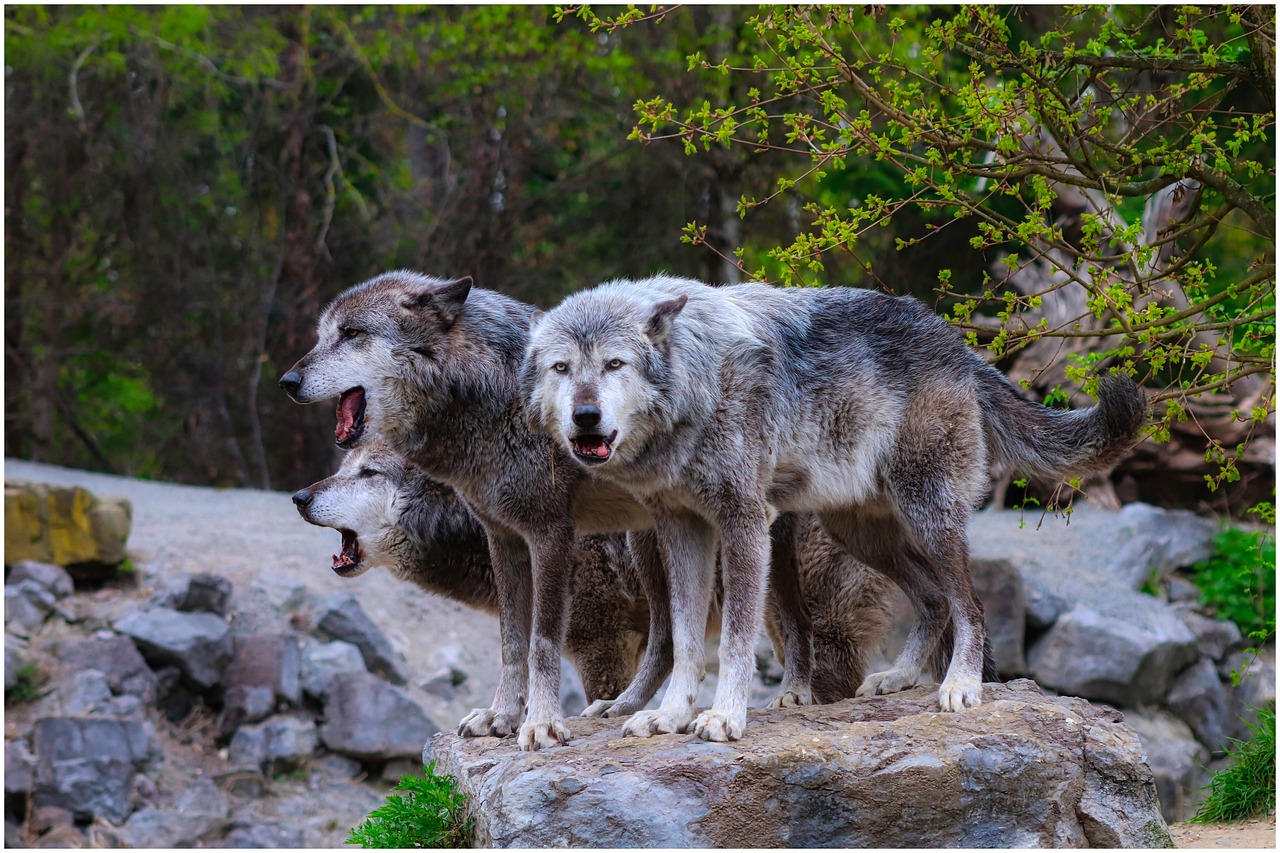As urban areas expand and wilderness diminishes, the idea of wolves migrating to cities sparks curiosity and debate. Let’s delve into the possibility of these magnificent predators navigating the urban landscape.
The notion of wolves venturing into urban cities may seem far-fetched, but it is not entirely implausible. As human development encroaches upon their natural habitats, some wildlife experts believe that wolves might adapt their behavior and explore urban environments in search of food and shelter.
Cities, with their abundance of prey in the form of rodents and deer, could provide a potential food source for opportunistic wolves. Additionally, the reduced presence of natural predators in urban areas might make it easier for wolves to establish territories.
However, the challenges of coexistence and the impact on both wolves and human populations cannot be ignored. The potential conflicts with pets, livestock, and human safety raise concerns that necessitate careful management and planning if such urban migrations were to occur.
While the prospect of wolves migrating to urban cities remains uncertain, it serves as a reminder of the complex relationship between humans and wildlife in our changing world.
